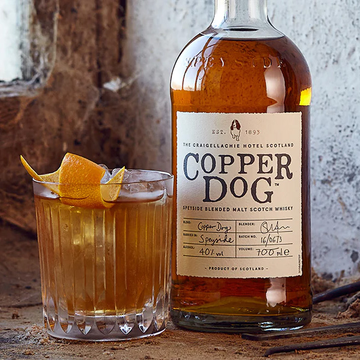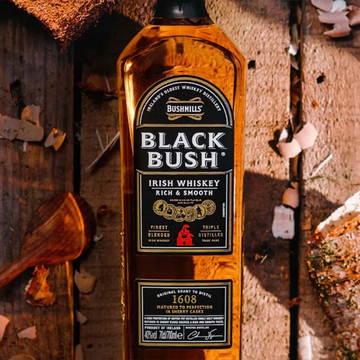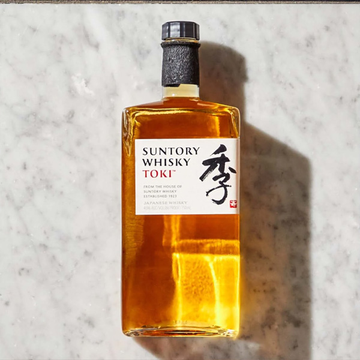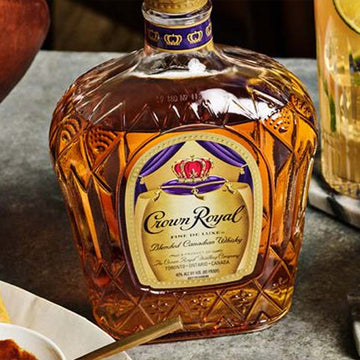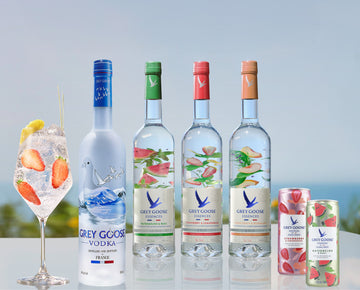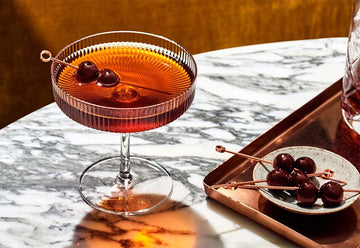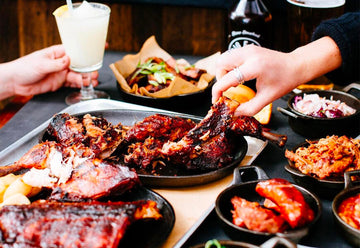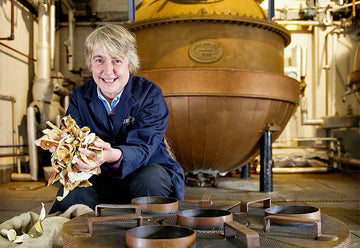
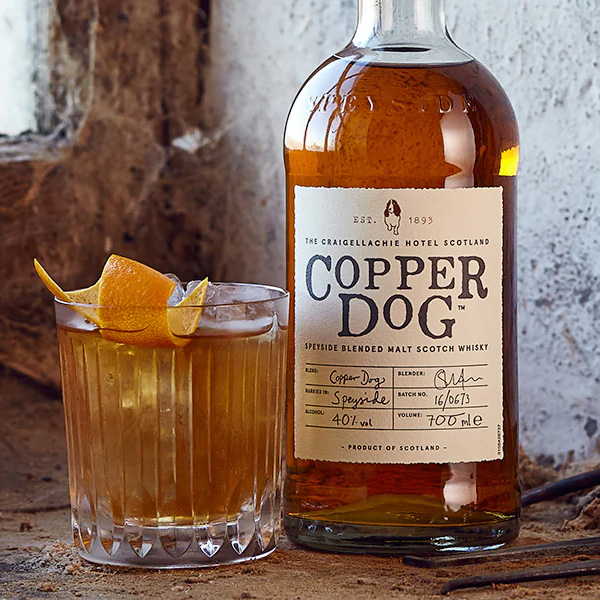
Whisky
From the beauty of the Scottish Highlands, to the vibrancy of Ireland, across to the oriental excitement of Japan and then back round into the depths of West Canada, you could say whisky is a bit of a globetrotter.
Whisky
Take a trip around the world starting with the iconic Scotch whisky from heritage brands like Glenfiddich or Johnnie Walker, dabble in some Gelston’s aged Irish whiskey, immerse yourself in blended wonders of Japanese whisky like Super Nikka or stick to the classics with a No7 Jack Daniels whisky.
Where does whisky originate?
Scotland is credited with being the birthplace of whisky. The process was invented in the late 1400's by a Catholic priest, a Scotsman called John Anderson, who experimenting with ways to create alcohol from barley. His process involved soaking barley in water that had been boiled then dried over coal and immersed in cold water. Apparently, in March 26th 1494, an order was placed for 'wyskye' where John Anderson shipped his invention to the Abbott of Paisley Abbey near Glasgow.Can whisky go off?
In many ways, whisky can go much "further off" than other spirits. It always tastes sharper when it's been aged in barrels longer, but after a certain point the whole flavor profile of a whiskey changes and it might not be desirable to drink at all. Burning wood and ash typically give off tar, which coats the inside of barrels and eventually leaches out into booze. The more time your whisky spends in contact with this old charred wood - especially if it is single malt Irish whiskey - the rounder its taste will become and then its taste will start to degrade due to the overdarkened flavours that overshadow other flavours. This phenomenon tends to happen faster because Scotch Whisky isn't typically put into bourbon or sherry.
